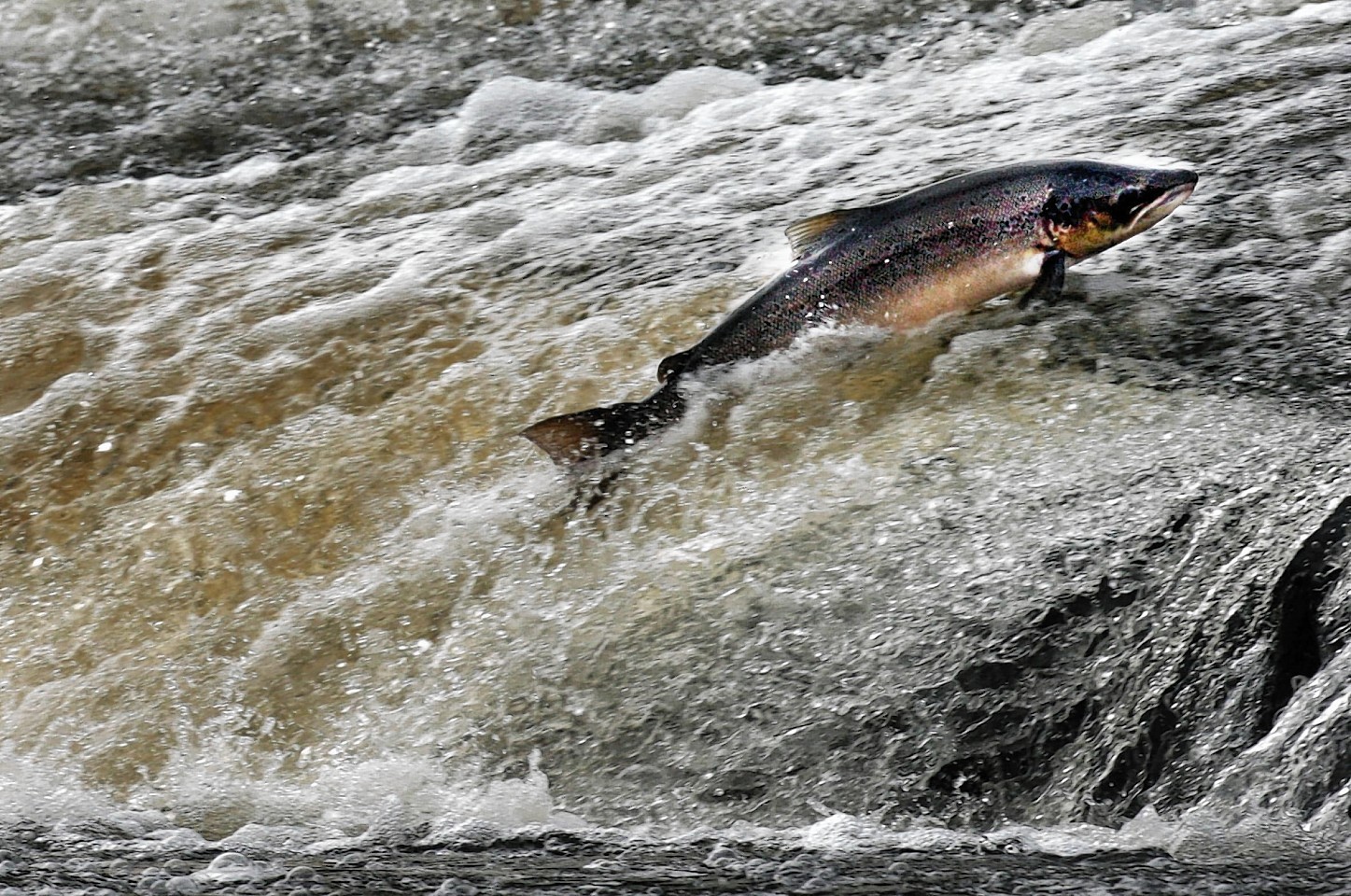A leading ghillie has called for an immediate halt to coastal netting following “one of the worst runs in decades”.
The Salmon and Trout Association (Scotland) wants an immediate halt to coastal netting and more done to encourage anglers to return caught fish to the water.
Evidence from catches, in-river netting and fish counters showed that government policies were “coming home to roost”, according to the association.
The provision number of fish recorded at the counter on the River North Esk – Scotland’s most closely monitored river – to the end of July was two-thirds of the five-year average.
The association said in recent weeks salmon returning from the sea have faced low river levels. Because they are unable or reluctant to enter the rivers the fish meander up and down the coast where they are vulnerable to netting.
Highland-based ghillie and salmon consultant Ian Gordon said the Scottish Government was threatening the future of the fly fishing industry.
“It is fundamentally inequitable that Scotland’s coastal netting stations, which employ no more than 50, mainly part-time, individuals, are permitted to kill as many salmon as they are able to, before the fish reach our rivers,” he said.
“Wild salmon are a dwindling resource and the over-riding priority must now be to protect the 2,000 plus jobs of ghillies and others on our rivers that depend upon a thriving angling industry to be viable.”
Official figures released in April showed the number of wild salmon caught last year plummeted to the lowest level since 2003, while the number of fish killed in nets was up 50%.
A Scottish Government spokeswoman said a recent assessment of salmon stocks by Marine Scotland Science suggested overall numbers returning to Scottish rivers had increased in recent years.
She said the netting season will close in less than two weeks and the angling season in six weeks.
“We continue to look at the status of Scottish salmon stocks and will consider what, if any, action is required going forward,” she said.
